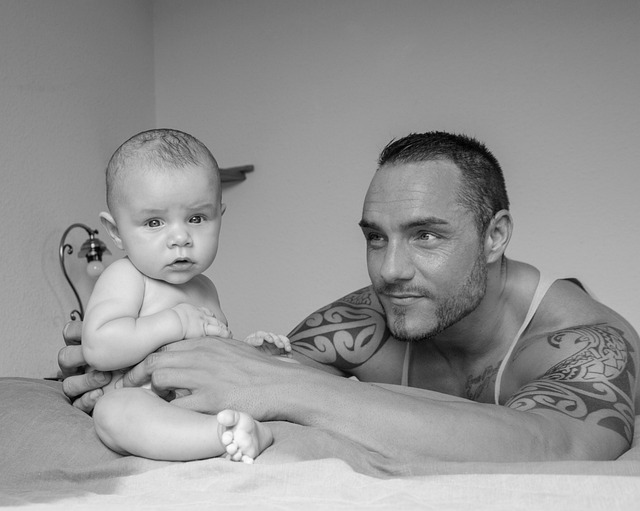In Oregon, complex family law cases, especially those involving child welfare, require a deep understanding of state laws and regional regulations within the framework of the best interests of the child. Legal aid organizations and bar associations ensure access to knowledgeable representation. Experienced attorneys navigate intricate custody, visitation, and protection proceedings, providing strategic guidance, managing paperwork, and advocating in court. They use evidence collection, negotiation, mediation, and collaborative law to foster open communication and promote stable environments for vulnerable children, ultimately shaping the future of affected families.
“In Oregon, complex child welfare legal matters demand meticulous navigation due to their delicate nature. This article illuminates the intricate landscape of Oregon’s family law system, emphasizing the pivotal role an experienced attorney plays in safeguarding vulnerable children and guiding families through challenging processes. We explore strategic approaches and expertise required to resolve these issues effectively, offering valuable insights for those navigating Oregon family law.”
- Navigating Complex Child Welfare Legal Matters in Oregon: An Overview
- The Role of an Experienced Attorney in Oregon Family Law Cases
- Strategies and Expertise for Resolving Delicate Child Welfare Issues
Navigating Complex Child Welfare Legal Matters in Oregon: An Overview

Navigating complex child welfare legal matters in Oregon involves a deep understanding of both state laws and unique regional regulations. The state’s robust Oregon Family Law framework serves as a cornerstone, ensuring that all cases are handled with a focus on the best interests of the child. This comprehensive system includes provisions for temporary custody, dependency proceedings, and termination of parental rights, each designed to protect vulnerable children while offering support to families in need.
Oregon’s approach emphasizes early intervention and long-term solutions, aiming to prevent further trauma for children involved in welfare cases. The state’s bar associations and legal aid organizations play a crucial role by providing resources and guidance, ensuring that all parties have access to knowledgeable legal representation. This commitment to accessibility and expertise is vital in complex cases where every detail matters, ultimately shaping the future of affected families and communities.
The Role of an Experienced Attorney in Oregon Family Law Cases

In complex Oregon family law cases, especially those involving child welfare, an experienced attorney is invaluable. They bring a deep understanding of state laws and regulations that govern custody, visitation, and protection proceedings. This expertise is crucial in navigating the intricate legal landscape, ensuring clients’ rights are protected throughout the process.
An attorney with a proven track record in Oregon family law can provide strategic guidance tailored to each unique situation. They adeptly manage complex paperwork, court appearances, and negotiations, allowing clients to focus on their well-being and that of their children. Their experience enables them to anticipate potential challenges, develop robust defense strategies, and advocate for the best interests of their clients in both state and federal courts.
Strategies and Expertise for Resolving Delicate Child Welfare Issues

In the intricate realm of Oregon family law, child welfare cases often present delicate and complex issues that demand a nuanced approach. Skilled attorneys specializing in these matters employ strategic tactics to navigate through the legal labyrinth, ensuring the best outcomes for all involved parties, especially the children. One key strategy involves building robust evidence through meticulous documentation and expert witness testimony. This comprehensive process helps in presenting a clear picture of the child’s well-being, enabling judges to make informed decisions.
Furthermore, these legal experts leverage their expertise in negotiating settlements, mediation, and collaborative law. By fostering open communication among all stakeholders, including parents, guardians, and social workers, they strive to reach consensual resolutions without escalating the case to trial. Such approaches not only expedite the process but also promote a more harmonious environment for the child’s development, ensuring stability and security in their lives.






